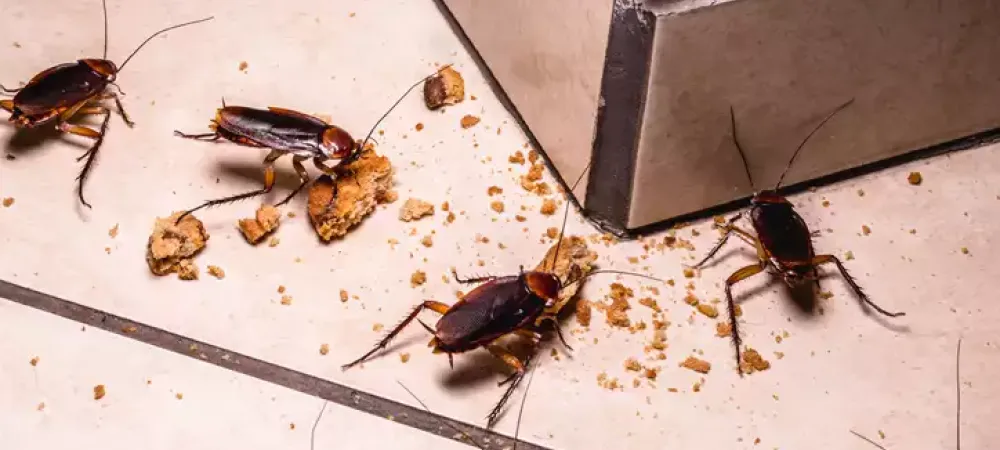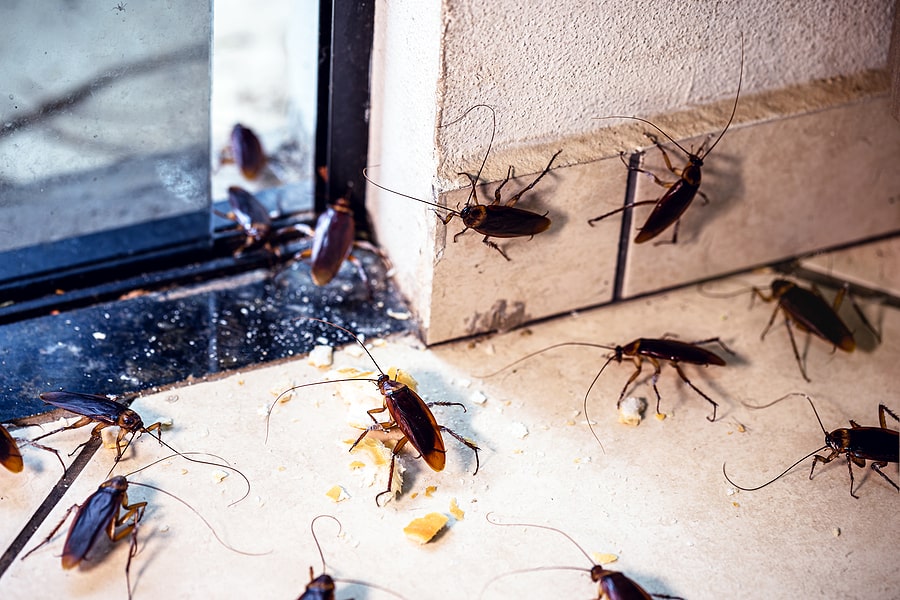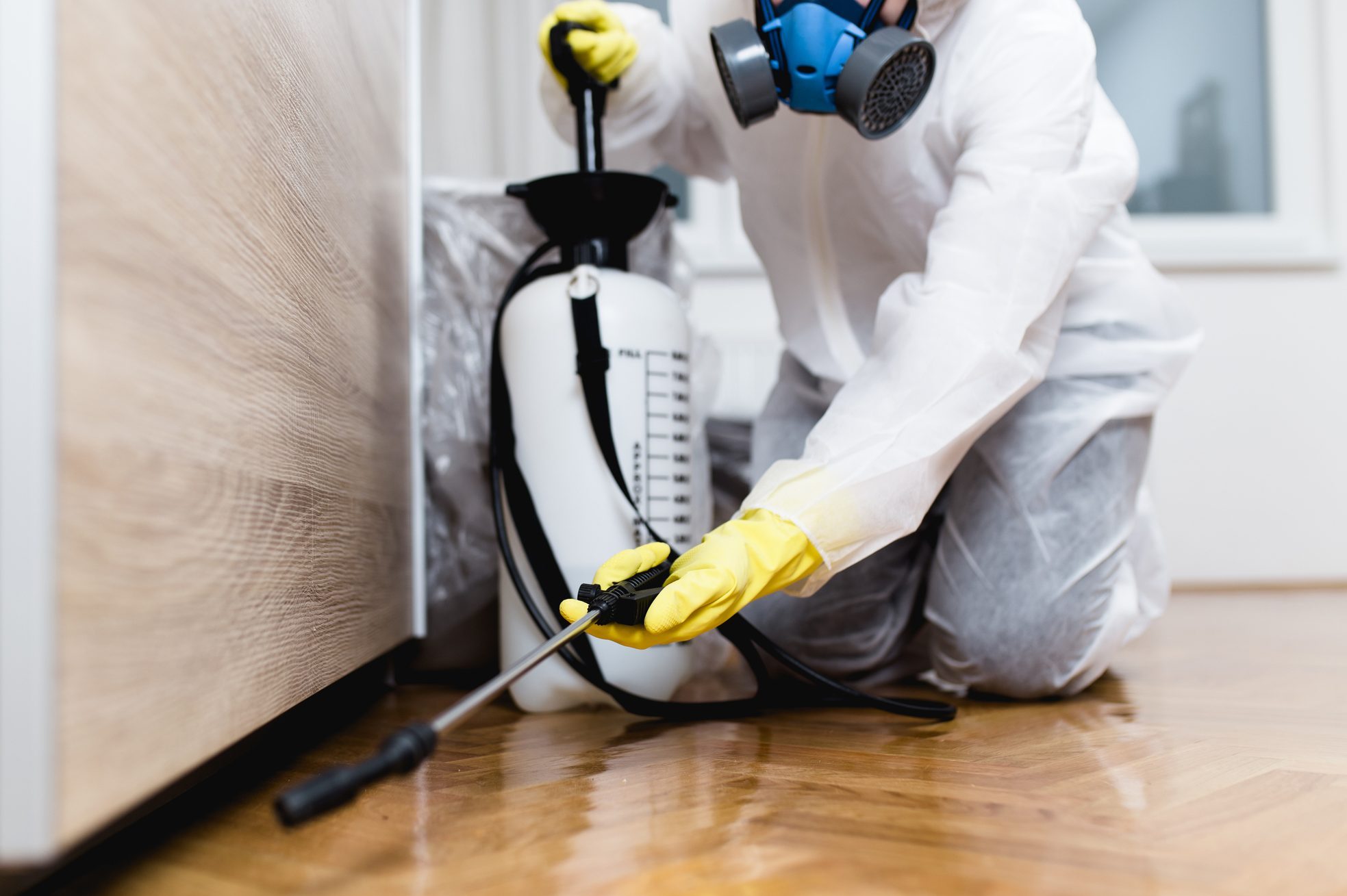Finest Roach Control Near Me: Effective Solutions for Your Home
Discovering Numerous Insect Control Methods to Attain Long-Term Success in Managing and Avoiding Infestations in House
Efficient insect control in household locations requires a multifaceted technique that stabilizes immediate outcomes with long-lasting sustainability. What might these developments entail, and just how can they change our understanding of parasite control?
Recognizing Bug Control Approaches
Although pests have actually existed alongside people for centuries, the approaches utilized to control them have actually advanced significantly over time. Comprehending these techniques is vital for properly handling and protecting against problems in household locations. Parasite control methods can be broadly classified right into 3 primary strategies: cultural, mechanical, and chemical.
Social techniques concentrate on modifying the setting to reduce insect destination and breeding. Mechanical control entails physical obstacles and traps to manage bugs directly, such as screens, vacuum cleaners, and sticky catches.
Chemical control continues to be one of the most commonly utilized approaches, including the application of pesticides to get rid of bugs. While effective, this approach necessitates mindful factor to consider of security, possible resistance development, and environmental influence. Integrated Pest Management (IPM) integrates these techniques to develop an alternative method, advertising lasting parasite avoidance and minimal injury to useful organisms. By comprehending these various insect control techniques, house owners can make informed choices that advertise effective monitoring and conservation of their living spaces.
Eco-Friendly Parasite Control Solutions
Exactly how can house owners effectively manage parasite issues while reducing their environmental effect? Environment-friendly pest control remedies offer a sustainable alternative to conventional methods, focusing on the health and wellness of both citizens and the surrounding ecosystem. These remedies usually make use of natural components and strategies that disrupt parasite actions without presenting hazardous chemicals right into the environment.
One reliable method is making use of beneficial insects, such as ladybugs and lacewings, which prey on usual pests like aphids and termites. Furthermore, diatomaceous earth, a natural powder made from fossilized algae, can be sprayed in locations where bugs are common, serving as a desiccant that hurts bugs while remaining risk-free for humans and pet dogs.
Furthermore, carrying out safety nets is important. roach control near me. Property owners can ensure appropriate cleanliness by securing entry points, maintaining tidy home, and handling waste successfully. Planting pest-repellent herbs, such as mint and basil, can likewise discourage undesirable site visitors
Eventually, environment-friendly bug control solutions empower home owners to resolve infestations sensibly, promoting a more secure living environment while advertising eco-friendly balance. By accepting these methods, individuals can add to a much healthier earth while efficiently handling pest-related issues.
Chemical Pest Control Options
While environment-friendly solutions are significantly popular, there are circumstances where chemical pest control options might be needed for efficient management of serious infestations. Chemical controls, including pesticides, fungicides, and herbicides, are commonly used to rapidly decrease insect populations and reduce damages to homes and yards.
These products can be classified into 2 primary classifications: artificial chemicals and natural pesticides. Synthetic chemicals, such as pyrethroids and neonicotinoids, are crafted to target specific insects, giving quick knockdown results. Conversely, all-natural chemicals, derived from plant or mineral sources, might offer a much more ecologically pleasant option while still providing efficient results.
Prior to using chemical bug control, it is vital to carry out a thorough evaluation of the invasion and determine the particular parasite involved. This guarantees that the chosen chemical is both effective and proper. In addition, homeowners have to stick to safety standards, consisting of correct application methods and personal safety tools, to reduce health threats and ecological influence.
Integrated Insect Administration Strategies

Biological control entails the usage of natural predators or parasites to take care of insect populaces. Physical controls, like traps or barriers, can avoid parasites from going into homes or damaging crops.
Tracking and assessment are vital components of address IPM, permitting prompt interventions based upon pest populace limits. By focusing on preventative procedures and using a mix of strategies, IPM not only addresses present problems yet likewise fosters long-term insect management solutions that protect both human health and the environment. This extensive strategy is essential for sustainable parasite control in suburbs.
Arising Technologies in Pest Control
The introduction of emerging innovations in pest control is reinventing the method we manage pest populaces, supplying innovative options that enhance efficiency and performance. Breakthroughs in precision farming, for example, make use of information analytics and sensor modern go to these guys technologies to keep track of parasite activity and environmental conditions, permitting targeted interventions that minimize chemical usage.
In addition, drones equipped with imaging technology are being used to check huge locations for infestations, providing real-time information that help in prompt decision-making. Moreover, biotechnology is playing a critical function, with the advancement of genetically modified microorganisms (GMOs) created to reduce parasite populaces while preserving useful types.

Lastly, clever traps and monitoring devices outfitted with IoT capabilities enable property owners and insect control specialists to obtain instantaneous signals about bug task, facilitating timely action. Jointly, these arising technologies not only improve parasite management results yet also add to ecological sustainability by lowering reliance on standard chemical therapies.

Conclusion
In verdict, effective insect control demands a diverse approach that includes cultural, mechanical, and chemical strategies. The combination of these approaches is crucial for accomplishing long-term success in pest administration.